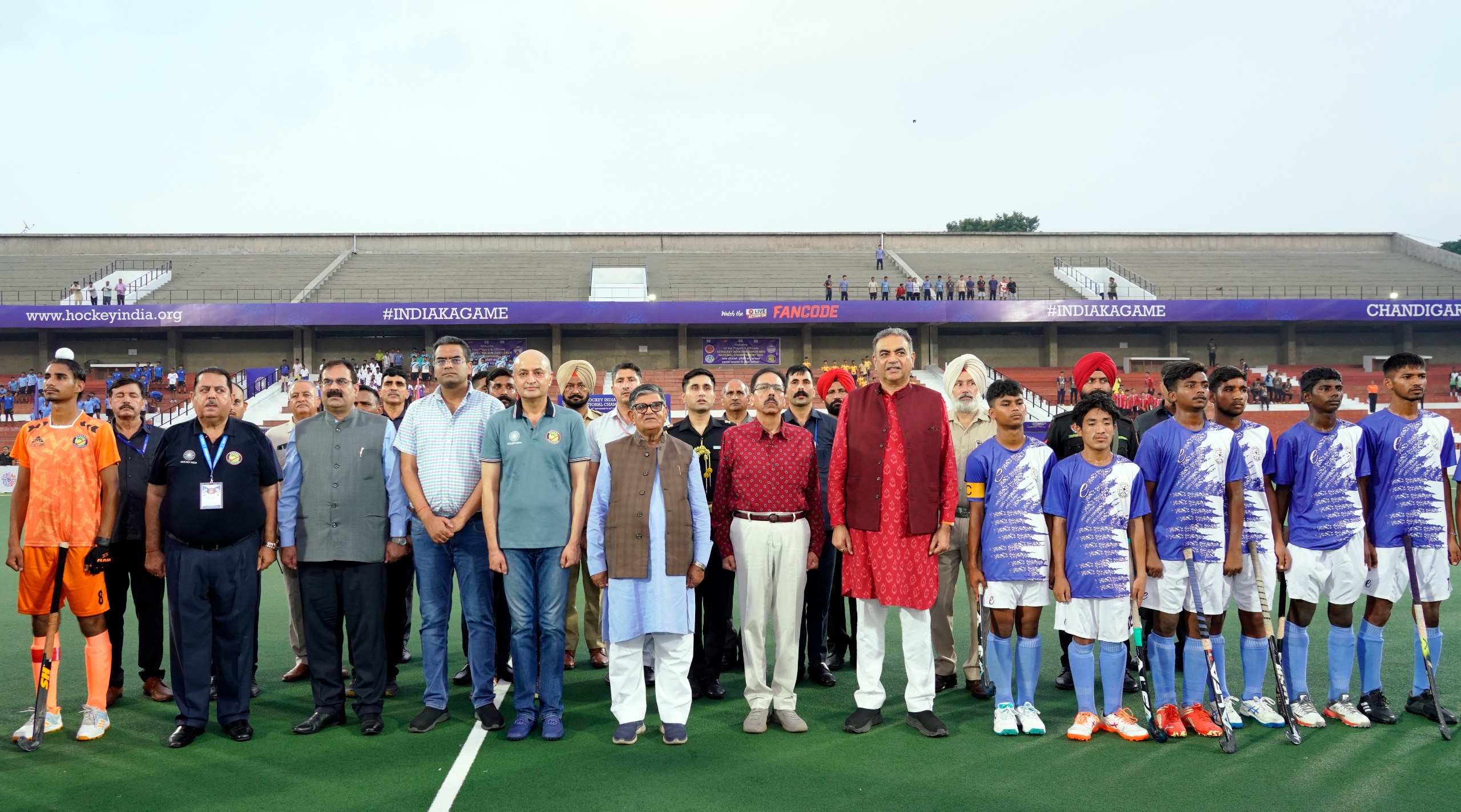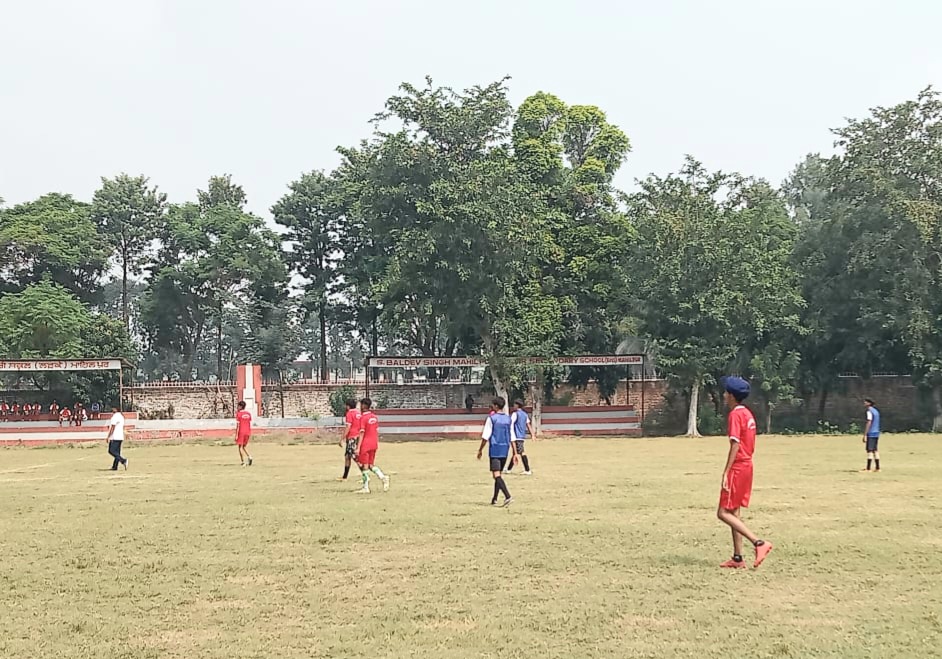
World Brain Tumor Day
Hoshiarpur – “Brain tumours account for about 2% of all cancers. Around 500 new cases of brain tumour are diagnosed every day across the world and most of them are not hereditary. Brain tumours can occur at any age and no definite cause has been found so far nor are there any specific preventive measures that can be adopted to prevent it.
Hoshiarpur – “Brain tumours account for about 2% of all cancers. Around 500 new cases of brain tumour are diagnosed every day across the world and most of them are not hereditary. Brain tumours can occur at any age and no definite cause has been found so far nor are there any specific preventive measures that can be adopted to prevent it. Sharing this information here on Friday on the eve of World Brain Tumour Day, Dr Vineet Sagar, Director, Neurosurgery and Neuro Intervention, IVY Hospital, said that the risk of brain tumours can be reduced by avoiding environmental hazards like smoking and excessive radiation exposure. Neurosurgeon Dr Jaspreet Singh Randhawa said that brain tumours are destructive lesions that affect the nerve centres of the body. “All our functions, from eating to talking, walking etc and all our emotions, from love to hate, are controlled by the brain, spinal cord and nerve centres which are closely interconnected. The brain is housed in a rigid skull and tumours form when abnormal growth of tissue within the skull exerts pressure on the surrounding normal tissues. Dr Pradeep Sharma, Neurologist, IVY said that advanced technologies have now made it possible for neuro specialists to venture into areas that were long considered out of reach or where the level of risk of injury was unacceptable. Neuro navigation has nowadays become a preferred option for all kinds of complex neuro surgeries. Dr Pradeep said that neuronavigation has gained popularity in the last 4-5 years and thus it has become a very effective tool during surgery. Dr Swati Garg, Neurologist said that tumours can be cancerous or non-cancerous. Cancerous brain tumours, often, arise from the brain substance (acute) and can be controlled for varying periods of time and only after using all the different treatment methods available. On the other hand, non-cancerous tumours mostly arise from structures around (outside) the brain. They can be successfully removed surgically and, once completely removed, they mostly do not recur. Some of them can be treated effectively using stereotactically guided radiotherapy especially when the tumour is detected early and is small in size.
"The incidence and prevalence of brain tumours in India is increasing rapidly," said Dr Pradeep Sharma. "Every year, 40,000 to 50,000 people are diagnosed with brain tumours. This reduces life expectancy by 20 years."
Early symptoms of brain tumour:-
Frequent headaches
- Dizziness
- Nausea, vomiting
- Add health
- Changes in mental status or personality, behavioural problems
- Memory loss
- Unsteadiness in walking
- Speech problems
Weakness or altered sensation in one or more limbs
Weakness or paralysis in one half of the face or body
- Impaired vision, problems in hearing or speaking properly








